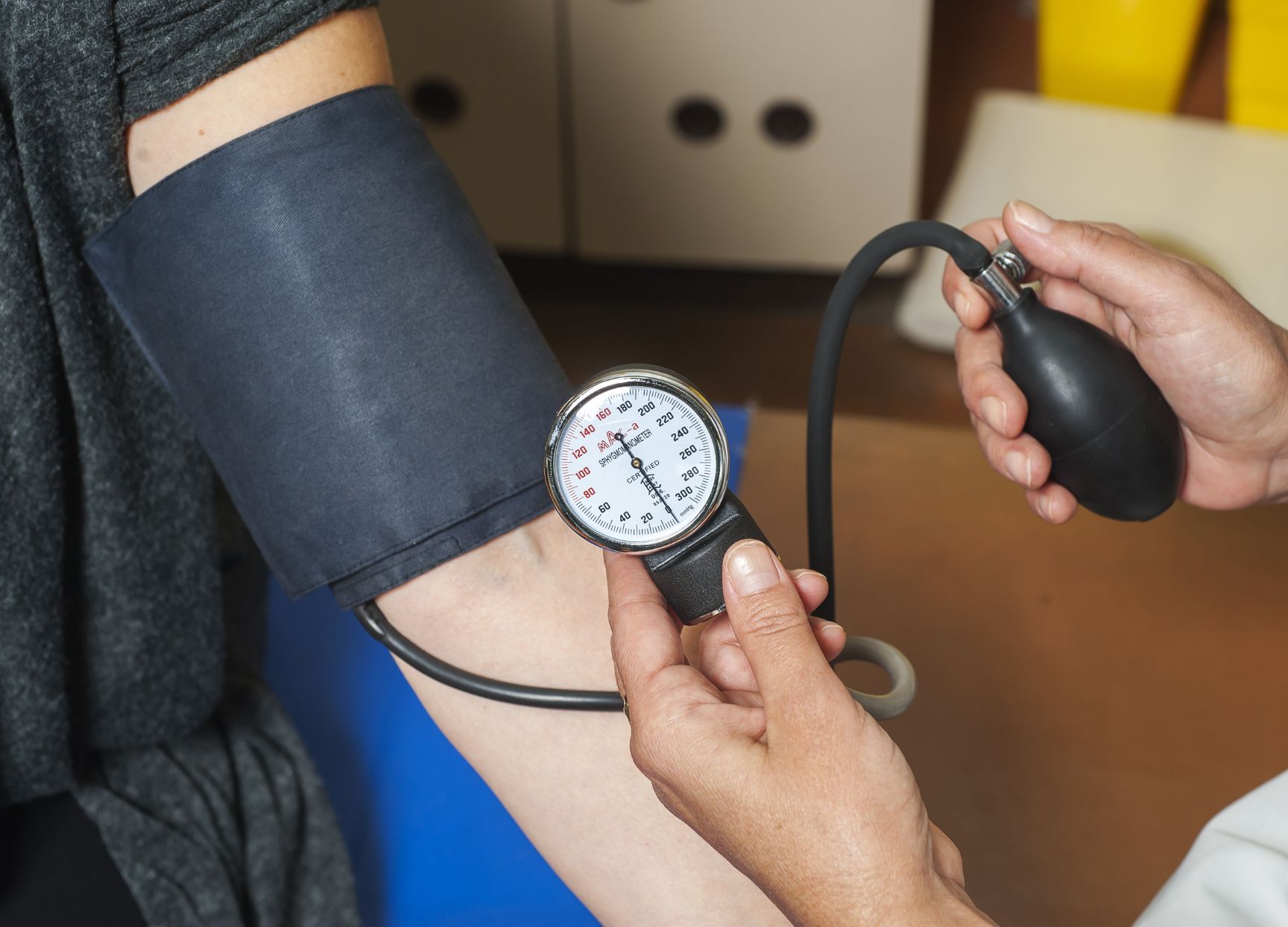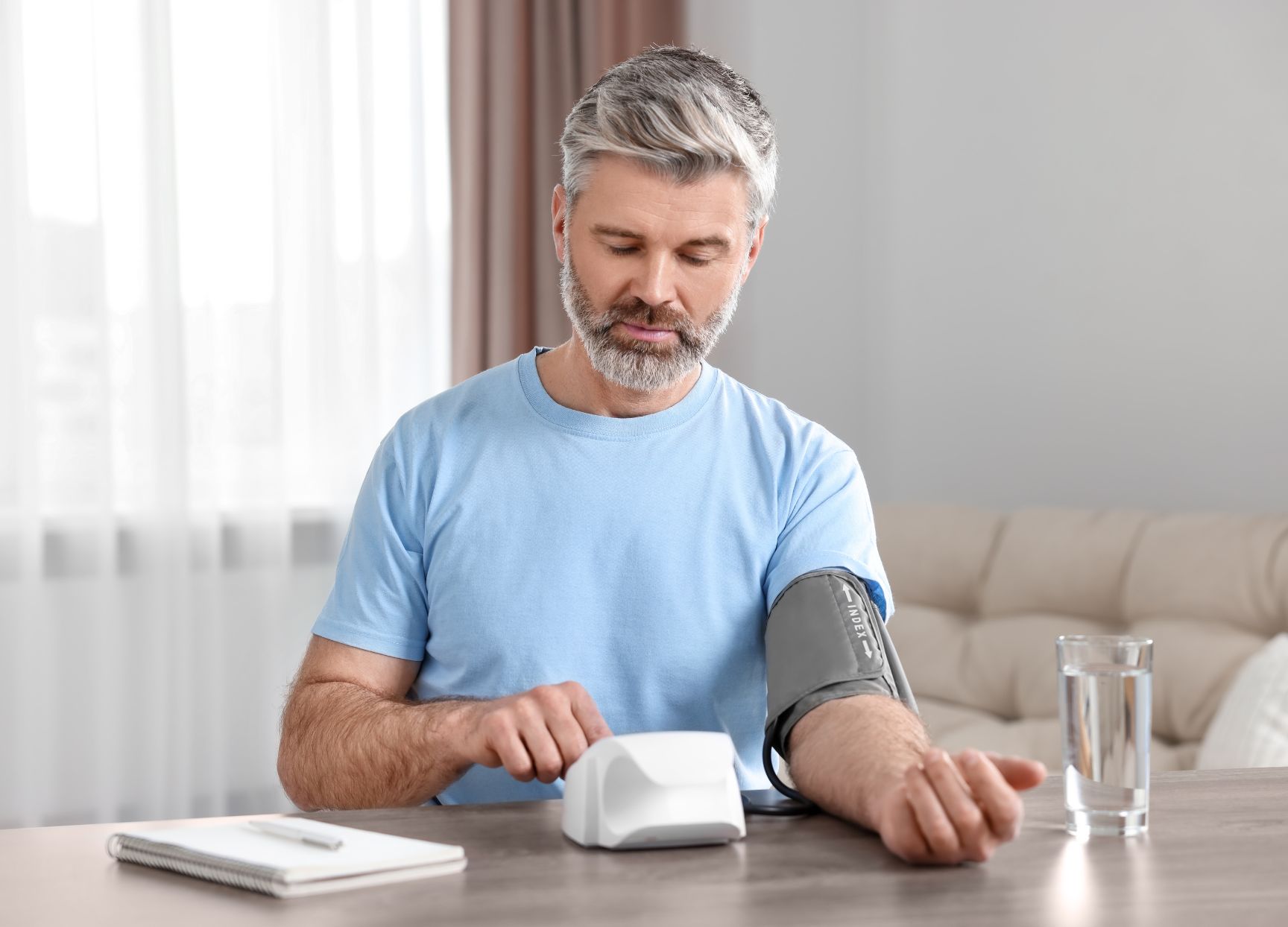Dr Amanda Varnava
Consultant Cardiologist
Specialist expertise: Cardiology, CT Coronary Angiography and Calcium Scoring, Management of heart failure and advanced non-invasive cardiac imaging, Cardiac Imaging, Cardiac CT Angiography, Chest Pain, Hypertension, Palpitations, Atrial Fibrillation Ablation, Echocardiography, Heart Health, Cardiomyopathy, Aortopathies, Athletes Heart.







